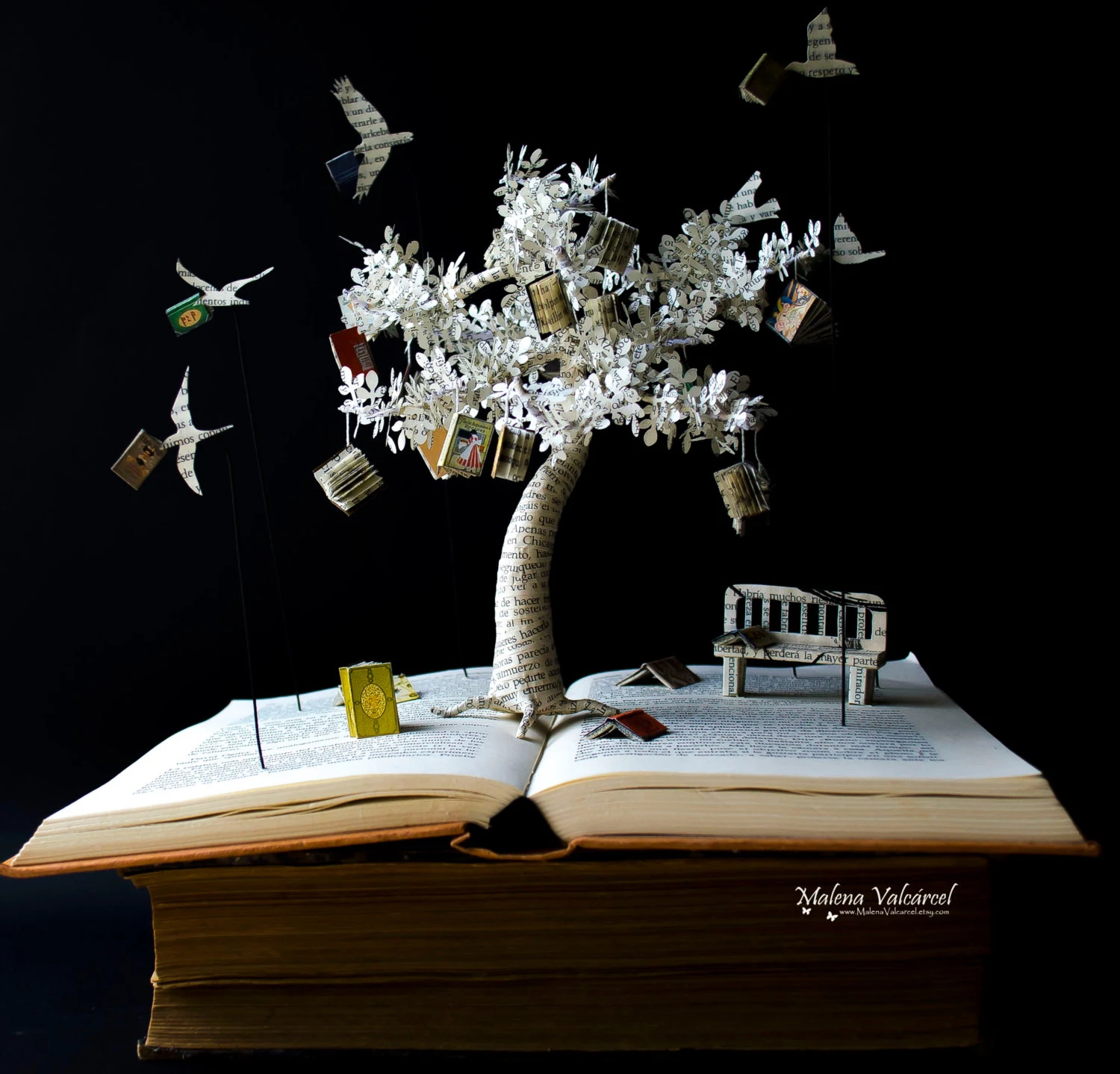DHARMA THEMES AT MWS
LINEAGE
Essential Question: I come into this world with cultural and natural heritage. What do I want to continue and what do I want to interrupt with my body, speech, and mind?
What is Lineage? Definition: lineal descent from an ancestor or pedigree. From Old French lineage, from Latin linea ‘a line’.
Everything has lineage. We are at the centerpoint of the past and the future: We receive cultural, natural, and digital heritage through the lineage of our ancestors, families, teachers, cultures, and countless other causes and conditions. These shape the way we think and act. We have the tools and skills to make choices in this lifetime whether to continue honoring these lineages or to disrupt them. We can also adopt new lineages. At a Buddhist school we explore our personal lineages and the lineage of Buddha Shakyamuni.
In Buddhism, a lineage refers to a style and method of engaging with the teachings that have been passed down across generations of teachers and students in an unbroken lineage since the time of Shakyamuni Buddha. Methods are as varied and colorful as the cultures that they passed through. No one practice or style is universal. For example, some people might be attracted to the simplicity of Japanese Zen practices, while others might be attracted to the colorful rituals of the Tibetan tradition. No matter what lineage people follow, they share some fundamental views.
At Middle Way, we take a wide view of lineage, asking excellent questions of ourselves and each other, “Where do things come from and where do they go?” Exploring lineage helps us to understand and appreciate how people across generations have created, discovered, preserved, realized, and passed down what is important and precious to them. Jigme Khyentse Rinpoche has said, “everything has lineage,” even harmful practices, so this is a time to really examine what traditions, beliefs, practices are worth carrying on and what should be discontinued.“Lineage” and “heritage” are often used interchangeably but there is an important distinction. Heritage is that which we receive, it is an inherited or established way of thinking, feeling, or doing. Lineage is the pathway, the line from which it came. e.g. If we see the reflection of the moon on water, heritage could be considered what we see—the reflection of the moon—and lineage would be what delivered this image—the moonbeam. “Ancestry,” on the other hand, pertains to biology and genetics.
How Do We Introduce Lineage?
The questions where do things come from and where do they go is woven through the fabric of a Middle Way education from start to finish. As a pedagogical practice, teachers are encouraged to consistently inform students where they learned what they are teaching, and where their knowledge comes from. Students learn to ask questions that are respectful but probing. The Lineage Unit is often introduced at the beginning of the school year following Taking Your Seat. This pattern mirrors some traditional meditation practices.
Students explore their personal history and the history of their culture. They explore lineage in regard to other day to day aspects of their lives: e.g. How did they commute to school? How was the car invented, and where did the gasoline come from?
During this unit, special attention can be paid to celebrations and major holidays from different cultural and spiritual traditions. Students can explore how these customs and traditions get passed down and why, and ask open questions to see if they are still relevant today. Students can also examine questions like where their clothes come from, who made them, and where they go when they get thrown out. In this way, they can reflect on how their choices have a long lasting effect.
Guiding questions
- Where do I come from?
- What is my heritage (something transmitted by or acquired from a predecessor)?
- What is my physical, cultural, linguistic and spiritual heritage / lineage?
- What has had an impact on me?
- What impact do I want to create?
- Where do things come from and where do they go?
- How do I know what I know? Why do I think what I think?
- What makes something worthy of continuing?
- Where do we get our beliefs and information from?
- How do we know which sources of information we can trust?
- Where do the objects in our life come from?
- What does it look like to interrupt a pattern?

JOIN US!
All are welcome to join the Dharma Committee at any time. We currently meet in person monthly. It’s a joy! To learn more, please contact the Dharma Committee Executive Committee at [email protected].

